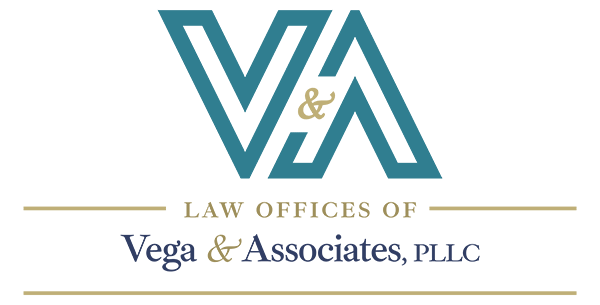H-1B Filing Tips
On April 1, 2016, U.S. Citizenship and Immigration Services (USCIS) will begin accepting H-1B petitions subject to the fiscal year (FY) 2017 cap.
The congressionally mandated cap on H-1B visas for FY 2017 remains at 65,000.
The first 20,000 H-1B petitions filed for individuals with a U.S. master’s degree or higher are exempt from the 65,000 cap. USCIS expects to receive more than 65,000 petitions during the first five business days of this year’s program.
The agency will monitor the number of petitions received and notify the public when the H-1B cap has been met. If USCIS receives an excess of petitions during the first five business days, the agency will use a computer-generated lottery system to randomly select the number of petitions required to meet the cap. USCIS will reject all unselected petitions that are subject to the cap as well as any petitions received after the cap has closed.
H-1B petitioners may still continue to request premium processing together with their H-1B petition. However, please note that USCIS has temporarily adjusted its current premium processing practice based on historic premium processing receipt levels and the possibility that the H-1B cap will be met in the first five business days of the filing season. In order to prioritize data entry for cap subject H-1B petitions, USCIS will begin premium processing for H- 1B cap-subject petitions requesting premium processing no later than May 16, 2016.
H-1B petitioners are reminded that when the temporary employment or training will be in different locations, the state where your company or organization’s primary office is located will determine where you should send your Form I-129 package, regardless of where in the United States the various worksites are located. Please ensure that when temporary employment or training will be in different locations, the address on page 1, part 1 of Form I-129 is for your organization’s primary office.
When listing a “home office” as a work site location on Part 5, question 3, USCIS will consider this a separate and distinct work site location. Cases will be considered accepted on the date USCIS receives a properly filed petition with the appropriate fees.
Finally, a separate check is preferred but not required for each filing fee (such as fees for Form I-129, Premium Processing, Fraud Fee, ACWIA fee, and Public Law 114-113). Checks must be payable to the Department of Homeland Security, dated within the last six months, and include the proper amount and signature. Please staple checks to the bottom right corner of the top document.
For more information on the H-1B nonimmigrant visa program and current Form I-129 processing times, visit the H-1B FY 2017 Cap Season Web page or call the National Customer Service Center at 800-375-5283 or 800-767-1833 (TDD for the hearing impaired). H-1B applicants are encouraged to subscribe to the H-1B Cap Season email updates located on the H-1B FY 2017 Cap Season Web page.
